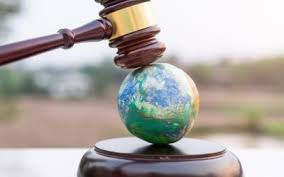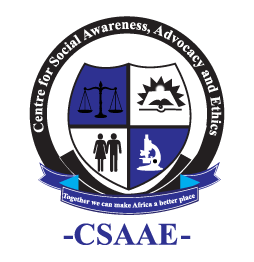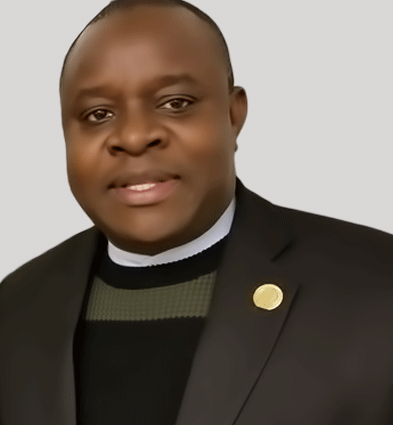It is no news that development and sustainability are crucial components of the progress of any nation. Nigeria is currently facing the challenge of harmonizing its rapid developmental aspirations with safeguarding its environment for future generations. The key to achieving this delicate balance lies in the effective implementation and enforcement of environmental laws.
Nigeria has sufficient legal framework designed to protect its environment. The country’s environmental laws encompass a wide range of issues, including pollution control, waste management, biodiversity conservation, and natural resource utilization. From the Federal Ministry of Environment to the National Environmental Standards and Regulations Enforcement Agency (NESREA), these regulatory bodies play an important role in upholding these laws.
Despite the existence of a comprehensive legislation, the enforcement of environmental laws in Nigeria often faces significant challenges. Weak institutional capacity, limited resources, corruption, and conflicting priorities frequently impede the effective implementation of these regulations. As a result, environmental degradation continues to pose a threat to public health, biodiversity, and the overall well-being of Nigerian citizens.

To strike a balance between development and sustainability, stakeholders at all levels must prioritize adherence to environmental laws. Governments, industries, civil society organizations, and individuals all have a role to play in ensuring compliance with regulations that promote environmental protection. Sustainable practices, such as renewable energy adoption, waste reduction, and ecosystem conservation, should be integrated into development plans to minimize environmental impact.
Furthermore, raising awareness about the importance of environmental conservation is essential for promoting a culture of responsibility and accountability. Education campaigns, community awareness initiatives, and public participation in decision-making processes can empower citizens to advocate for sustainable development practices and hold violators of environmental laws accountable.
The harmonization of development with environmental sustainability is a pressing challenge that requires collective action and commitment from all stakeholders. When environmental laws are upheld and enforced, Nigeria will eventually create a balance between economic growth and ecological preservation. Only through a concerted effort to balance progress with environmental preservation can the nation secure a sustainable future for generations to come.



